BREAD FACES SODIUM SCRUTINY
Around the world, food is under the microscope to meet health trends and government regulations. This includes the demand for baked products to contain lower salt levels.

Around the world, food is under the microscope to meet health trends and government regulations. This includes the demand for baked products to contain lower salt levels.
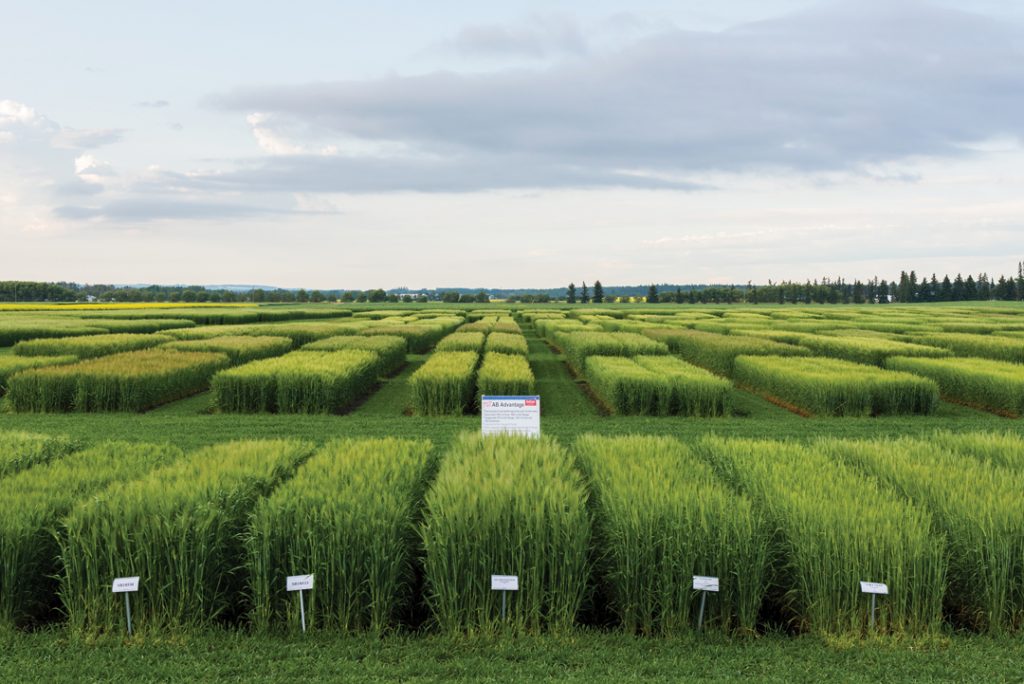
Two recently published reports conclude no single investment delivers greater ROI than varietal development. Both were authored by Richard Gray, University of Saskatchewan professor and Canadian Grain Policy Research chair. The barley report was published in July 2021, the wheat report in March of this year.
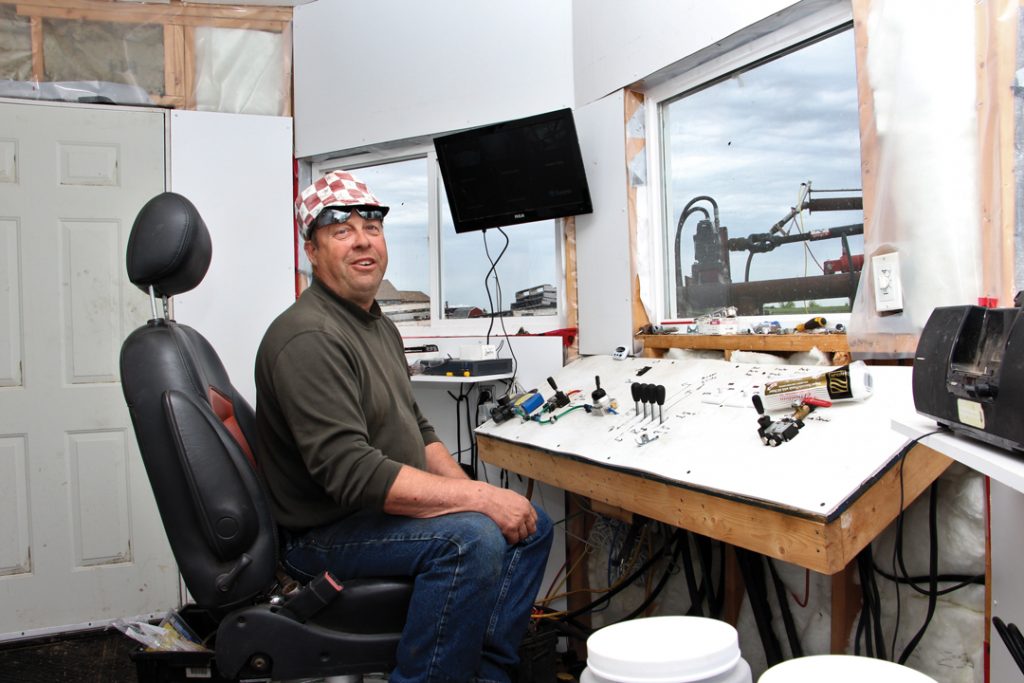
Like his hero Henry Ford, Vermilion-area farmer, entrepreneur and self-taught mechanical engineer Danny Farkash aspires to reinvent existing machines and make them better. This past spring, GrainsWest visited the sprawling farmyard where he operates the thriving ironworks division of Noralta Farms and works on numerous side projects such as a portable sawmill operation and biodiesel factory.

Raised on a farm in Peace Country, Vincent Pawluski has always loved to tinker. As a kid, he hot-rodded a Fischer Price boat with a small motor and propellor. Later, as part of an elementary school science fair project, he and his friends created a remote-controlled drill stem like those used in the oil and gas industry.
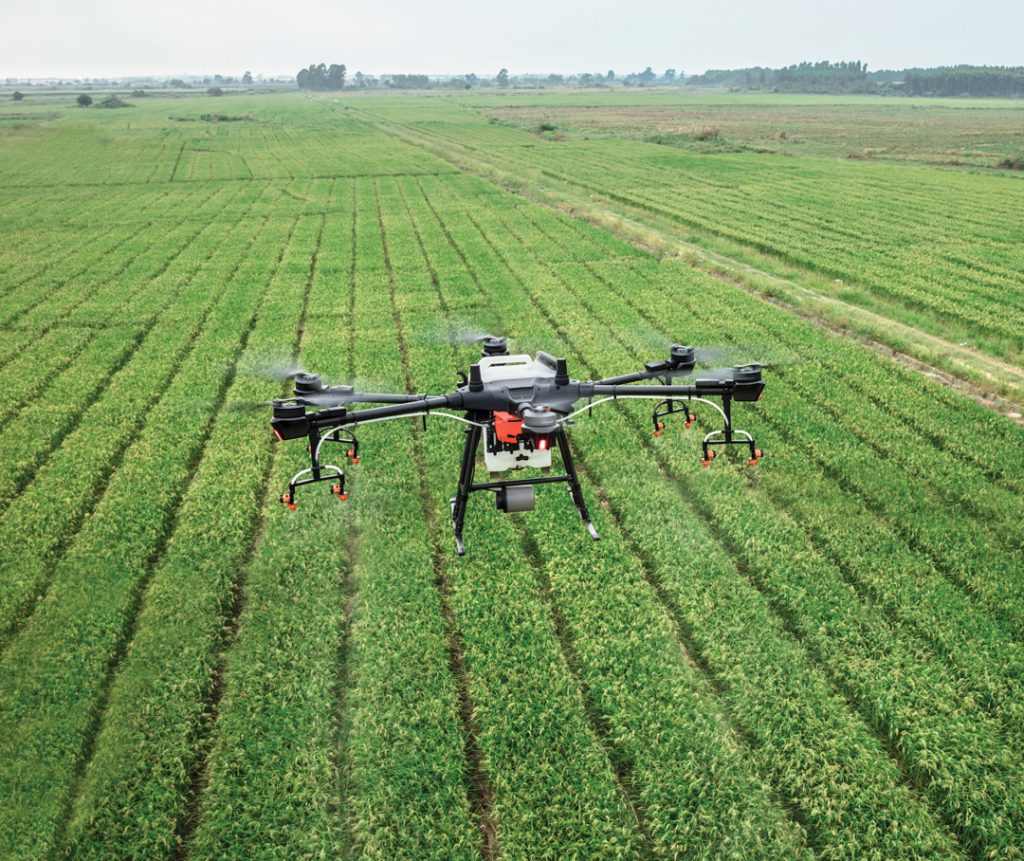
AFSC has taken its business to higher heights, about 120 metres to be exact. The insurance provider has just wrapped the second year of a drone imagery test program to better assess animal damage in crops and provide a more accurate picture of what happens in the middle of a field.

Craft brewers produce premium beer on a small but spirited scale, though often can’t maintain in-house laboratories to manage quality control. Calgary’s Raft Brew Labs, comprised of a small team of chemists and microbiologists, provides the scientific analysis brewers need to ensure their end-products are safe and consistent.
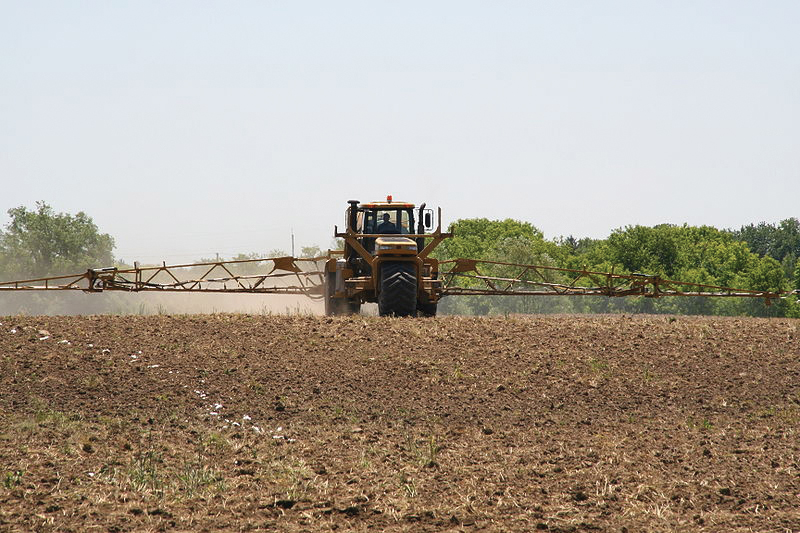
Agriculture produces an estimated 10 per cent of the national greenhouse gas (GHG) emission total, but experts believe it can potentially account for 26 per cent of Canada’s overall reduction target for the federal 2030 Emissions Reduction Plan. Thus, the federal government’s plan to achieve net-zero emissions by 2050 relies on agriculture as a central component of GHG emissions reduction. Given the traction this and other such frameworks have received across the globe, farmers may be faced with a choice: write the playbook as they like, or risk having rules imposed upon them.
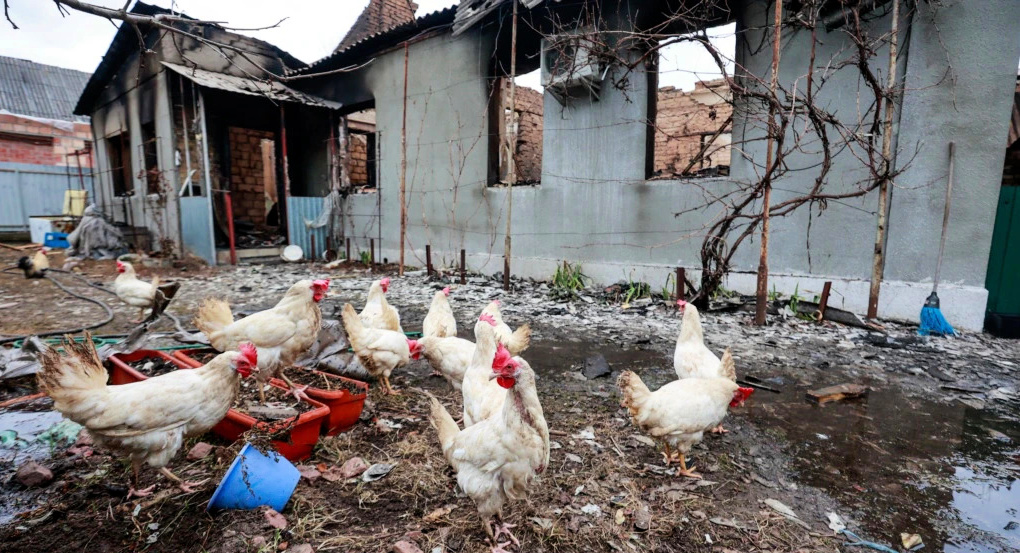
EarthDaily Analytics is a Vancouver-based data processing and analytics company. With its agricultural subsidiary EarthDaily Agro and Agrilab, a Ukrainian precision farming business, the company launched Support Ukrainian Farmers Coalition (SUFC). The global organization is composed of government, corporate and NGO partners.
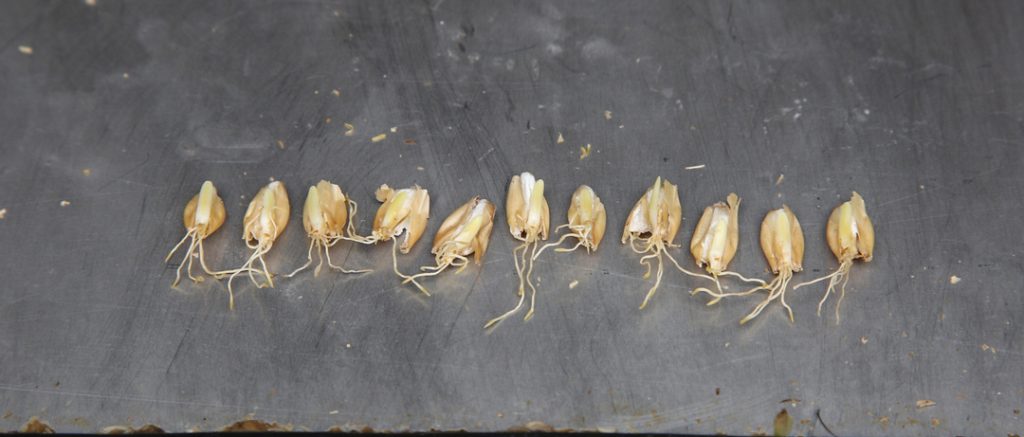
The net result of combined low carry-in stocks, the severe drought of 2021 and record high prices for feed barley has been a supply crunch that has made it difficult for North American maltsters to source sufficient supplies. The available barley generally has quality challenges that include very high protein content and reduced germination caused by 2021 weather conditions. We now have greater perspective on how the malting and brewing industries are dealing with the challenges associated with the less-than-optimal crop.

Markets prefer certainty, and COVID-19 injected a substantial amount of uncertainty. The supply chain was disrupted and continues to struggle while governments have poured money into the economy to maintain stability. Inflation has been a byproduct of this supply chain disruption and government largesse. Costs have gone up, wages have escalated and shipping costs increased. Shortages have spurred price hikes and food has not been spared.